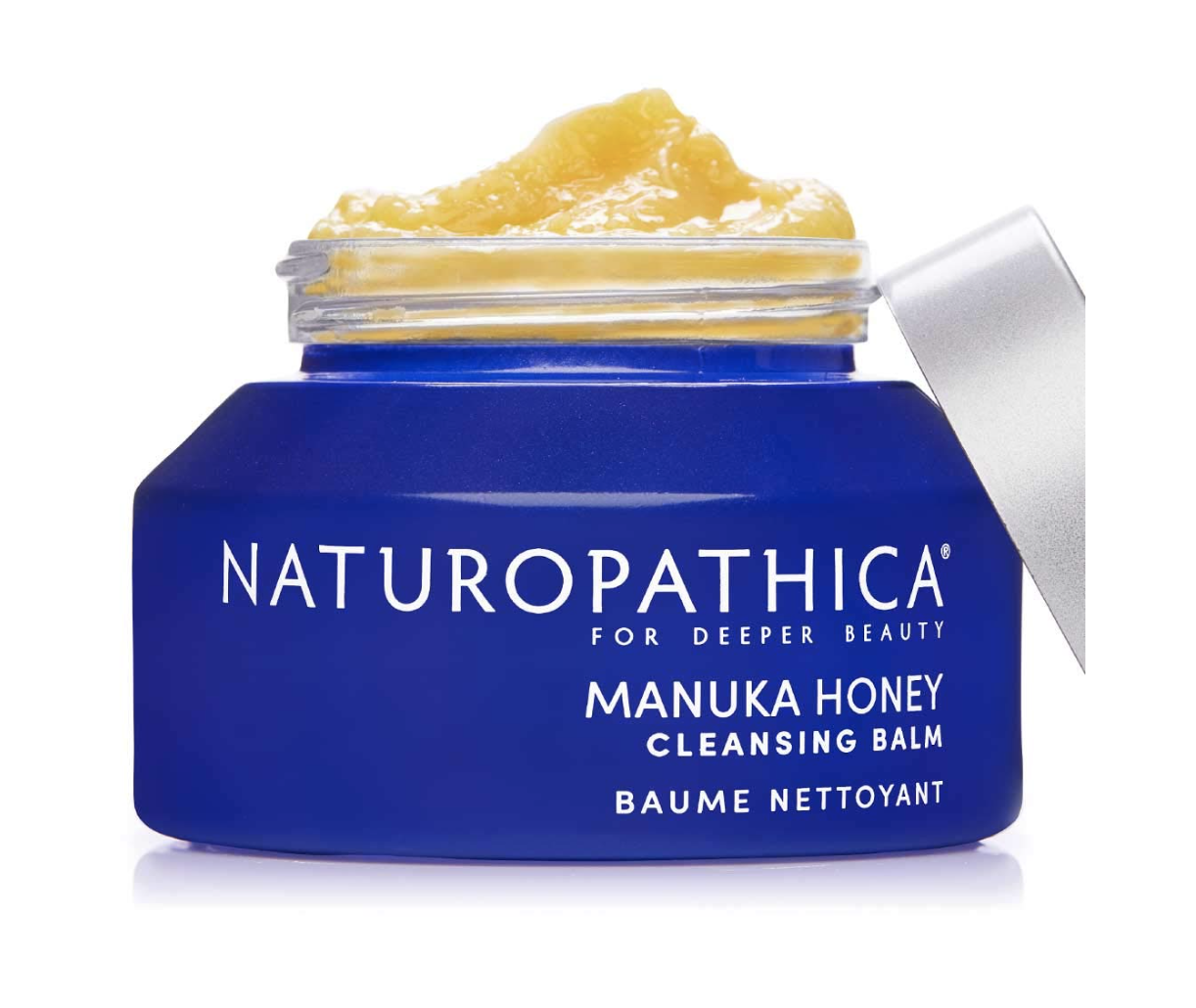TikTok is like America Idol for mental health, where once-obscure therapies go for their big break. Such is the case with inner child work.
As #innerchild videos skyrocketed to a spectacular 3.2 billion views over the past two years, celebrities amplified the concept further. Take Jay Shetty’s podcast, On Purpose, where Kendall Jenner revealed that she has convos with the picture of her younger self that hangs on her bathroom mirror.
If your first thought is The Kardashians strike again, don’t be so quick to dismiss. While it’s not for everyone, inner child therapy can have real impact for some.
Because let’s be honest: Most (dare we say all?) of us can trace many of our behaviors and feelings to our childhood. A lot of our automatic reactions were built during childhood.
And so inner child work can help you understand why you are the way you are, and why you go through the world the way you do. Inner child work can help identify and release emotions or patterns that hold you back as an adult, say experts who practice this type of therapy.
More on that later. First, let’s make a key introduction…
You, Meet Little You
Each of us has an inner child, a younger version (or even versions) of ourselves that lives inside of us. Your inner child is part of your subconscious that has been picking up messages way before it was able to fully process what was going on, explains Esther Goldstein, LCSW, a trauma specialist and founder of Integrative Psychotherapy. “It holds emotions, memories, and beliefs from the past, as well as hopes and dreams for the future,” she says.
Or as Gloria Zhang, who hosts the The Inner Child Podcast (and has a masters in counseling psychology), puts it: “Your inner child represents your capacity for innocence, wonder, awe, joy, and playfulness.”
But that little you can also feel withdrawn, scared, anxious, or guarded. And that part can flare up and impact your relationships, behaviors, and feelings about yourself and others right now. We often aren’t aware of all the ways our inner child runs the show.
Who Should Do Inner Child Work?
For anyone without the means to Eat Pray Love around the world to find themselves, inner child work—if not quite as exciting—is another route.
Your early experiences shape your adult life. How you grew up, then, can consciously or subconsciously affect the way you act today. Processing what you went through as a kid can help you both better understand yourself and improve your relationships. In this sense, anyone can benefit from tapping that voice inside.
GOTTA READ: Blankies for Adults: 16 Awesome Weighted Blankets That Aren’t Gray
That said, inner child work can be worth a try if you’re feeling generally crummy about their life, struggling with mental health, finding yourself repeating the same harmful relationships over and over, or are v v self-critical.
When you process childhood events and how you viewed yourself growing up, much—like the unfolding of Britney Spears’s new book—can be revealed. Inner-child work gives you information and helps guide you towards areas within that haven’t yet healed.
“A good indication of needing to do inner-child work is if you have feelings of shame, low self-worth, and the fear of being truly seen,” says Deniz Ahmadinia, Psy.D., a licensed clinical psychologist in Beverly Hills. These things can be a result of insufficient warmth, soothing, and affection in childhood.
Other reasons a therapist might suggest inner child work? If you regularly…
- Experience painful relationship patterns
- Engage in risky and numbing behaviors or other unhealthy coping mechanisms
- Are disconnected from your needs and struggling to set boundaries
- Feel unstable and emotionally reactive, or numb and shut down
- Experience chronic physical health issues
- Have low self-esteem
Dr. Ahmadinia believes that understanding your child self can help anyone better understand their current selves. It’s a way to repair and improve the connection you have with yourself and others.
That said, inner-child work is usually more impactful, even life-changing, for people who had traumatic childhood experiences, especially for a sustained period of time. The work can help you understand how traumatic experiences shape your current choices and behaviors, explains Dr. Ahmadinia.
GOTTA READ: One Woman’s Story of Reparenting Herself
When you do inner-child work and examine your past experiences, you may recognize patterns of neglect, abandonment, or emotional deprivation that left you with unmet needs. These unmet needs can manifest in your adult life, impacting your ability to regulate emotions, form healthy connections, and set appropriate boundaries. In other words, if you didn’t have your early relational needs met, your mental health, relationships, and sense of self can be impacted today.
Zhang goes as far to say that inner-child work is necessary because “the bad things that happened to you as a child are blocking you from receiving love and being your best self today.” But here’s the happier news: Gaining awareness allows you to make conscious decisions, rather than living on autopilot, driven by subconscious beliefs or memories.
So What (TF) Happens Exactly in Inner Child Therapy?
“Inner child work” isn’t a clinical term, nor does it refer to one specific modality or type of treatment. But let us assure you that, with a licensed therapist, this work is legit (no Ouija boards involved) and often a part of cognitive behavioral therapy.
“It’s a style of therapy that focuses on addressing unmet childhood needs and healing attachment wounds, while exploring how the inner child shows up in your adult life,” says Ruth Gatt, Ph.D., a trauma-informed psychologist based in Los Angeles.
More specifically, these are some things that could take place in inner child therapy:
- Talking about your childhood, particularly your home environment and upbringing
- Talking about specific events that had an impact on you as a kid
- Learning how to identify your inner child’s thoughts and feelings
- Learning how to care for your inner child as an adult
To that last point, the therapist might have the patient practice talking to an (imaginary) child who would have been their age when a traumatic experience occurred, and try to soothe them in the way they weren’t, according to a study published in The American Journal of Psychotherapy. By distinguishing between their “child part” and “adult self,” people can help regulate themselves when the child part gets triggered.
Put another way, inner child work helps you recognize whether it’s inner-child-you or adult-you who’s reacting or responding to something. With that awareness, you can calm your younger self—as the study authors suggest, you can ask this question: “How can I help the child; what does it need?”—and then be your adult self in the situation.
There are other benefits of helping heal your inner child. Here are a few of the common outcomes Dr. Ahmadinia sees with her clients:
- Undoing long-seated beliefs that made them feel stuck
- Improved self-worth
- Decreased self-criticism
- Increased self-compassion and acceptance
- Improved emotion regulation and self-soothing
- Reduced feelings of sadness, anger, abandonment, and other emotional distress
- Living more authentically as their true self
- Reclaiming parts of themself that were suppressed as a child, including creativity and the capacity for play and joy
Want. Want. And want x six! Little You has a lot to share. If you’re ready, she’ll tell you what she needs. You can give her the care she might have missed back then—helping Grown-Up You process, accept, and move forward.
READ NEXT: How to Be Okay Being Alone
Child Part and Adult Self Study: https://psychotherapy.psychiatryonline.org/doi/10.1176/appi.psychotherapy.20180008







